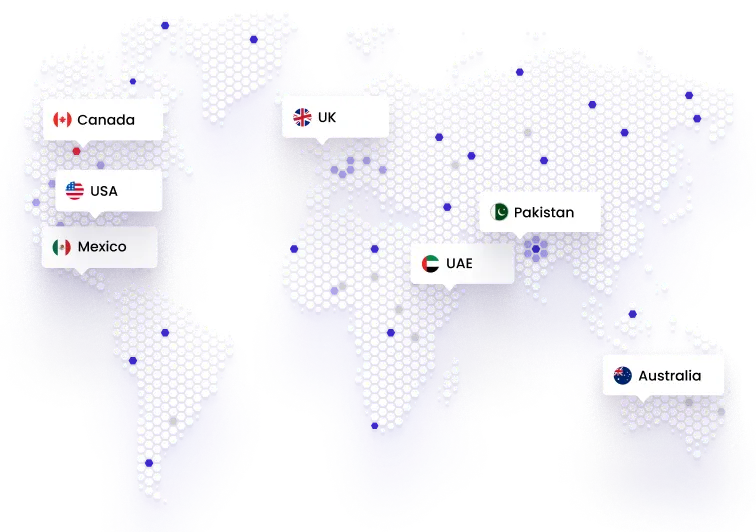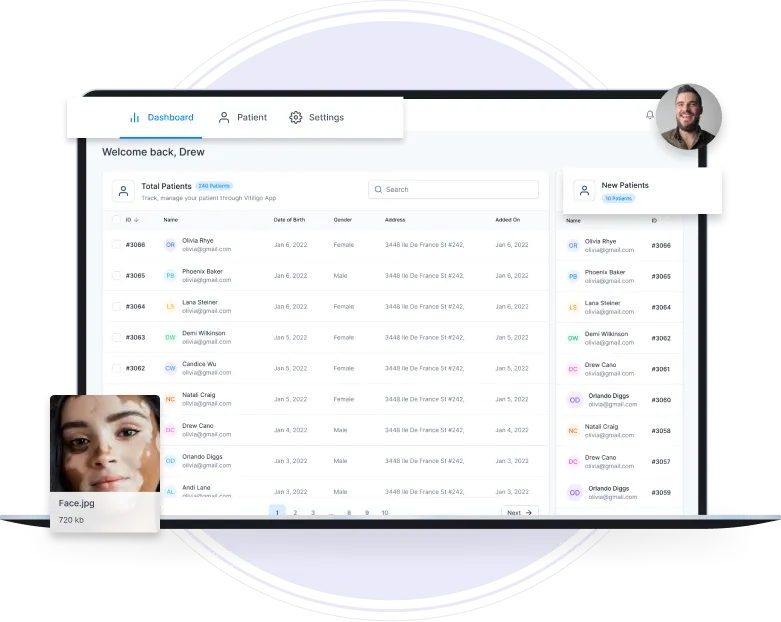





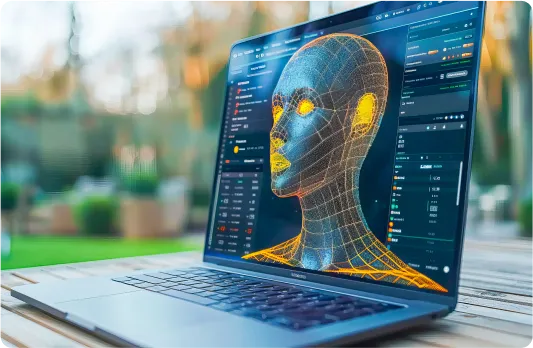
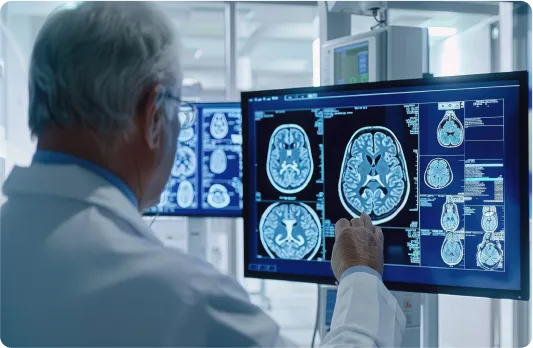
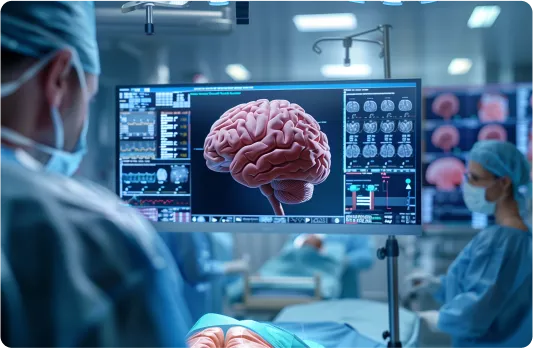



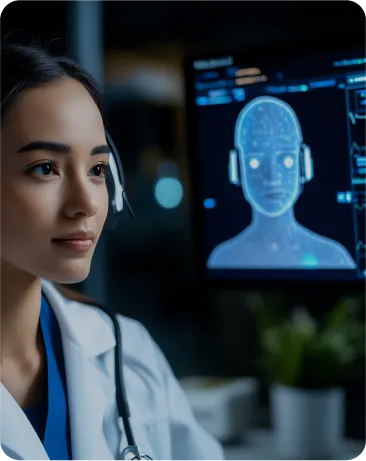
A machine learning-based application was developed for GPs to automate image analysis, reducing diagnostic time and increasing accuracy by streamlining the imaging process through automation.
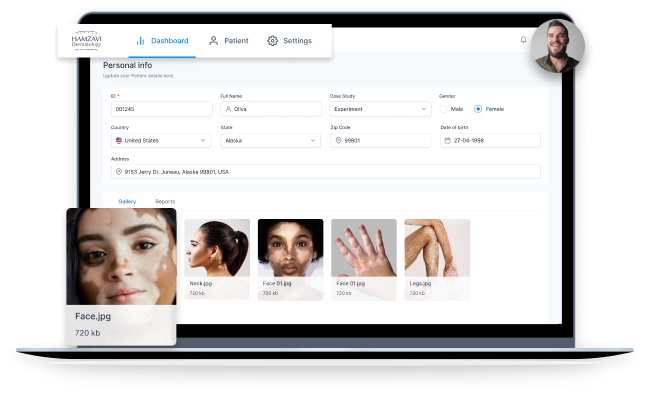
A web application was designed to classify breast images, assisting in the early diagnosis of breast cancer by predicting the likelihood of cancer development over time.
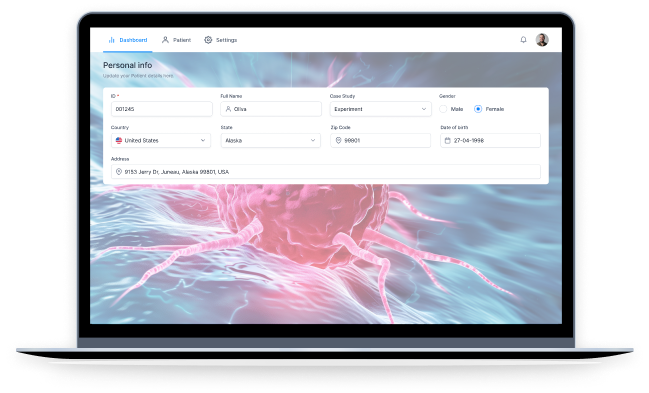
A mobile application for skin image recognition using third-party AI and ML models was created. It allows users to analyze skin conditions and share results with their GPs for remote consultations.
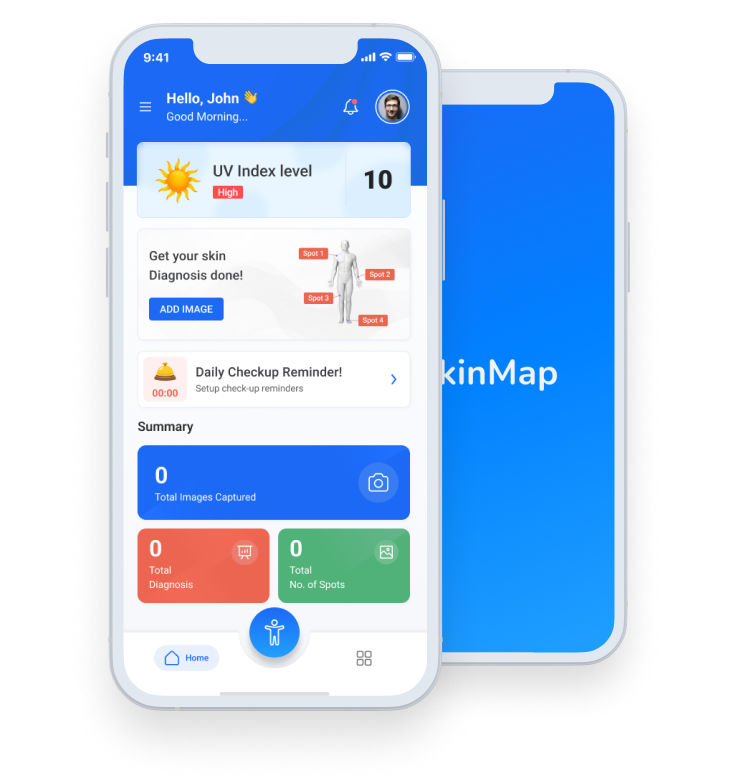
Kudos to your team for outstanding work in the discovery phase! Your team understood our business and workflows by asking the right questions and extracting the most useful information. Your team's ownership and results-oriented approach are commendable.

I appreciate your remarkable work during the recent Laboratory service phase. Your determination, analytical thinking, and continuous efforts were crucial in overcoming challenges and achieving success. I appreciate your help as we collaborate to create fantastic items.



Working with the folio3 team has been a great experience. Your dedication, creativity, and adaptability in overcoming challenges for the Moodology app project are truly commendable.
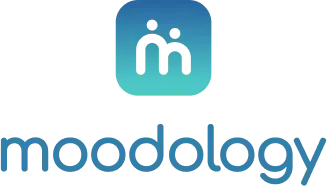




Team Folio3 brought my dream app to reality, they explained every step to our non technical team professionally. wireframe and design processes were outstanding & they built stunning and perfectly integrated application. I think both patients and clinic will be significantly benefited.



Folio3, which has a history of providing specialized medical imaging solutions, guarantees that your imaging software is created to precisely match your requirements.
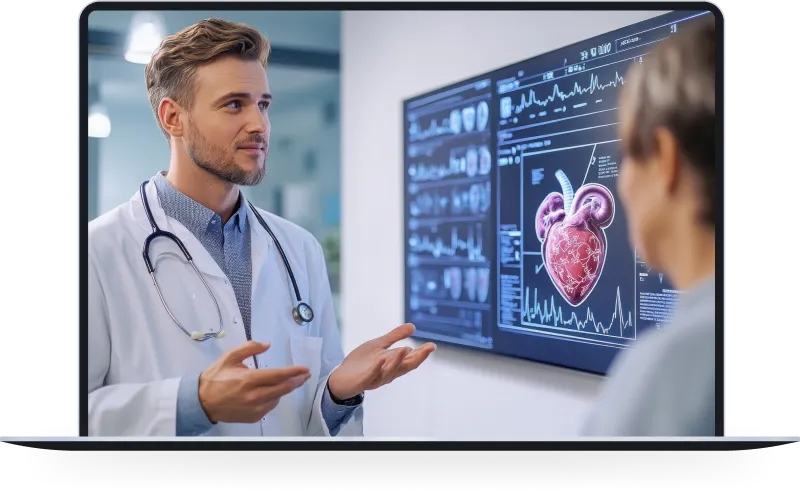
Our custom medical imaging solutions are adaptable to ensure that your imaging equipment can keep up with the growth of your medical practice.
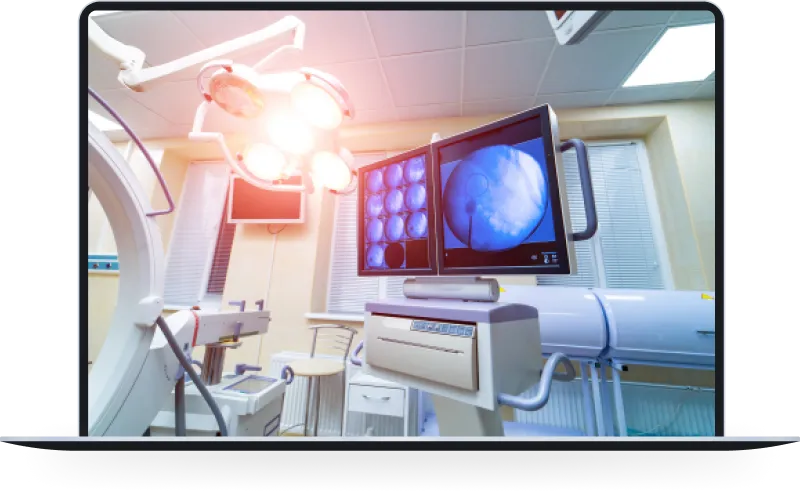
You will have peace of mind knowing that your software conforms with HIPAA, FDA, and other international healthcare rules and protects patient data.
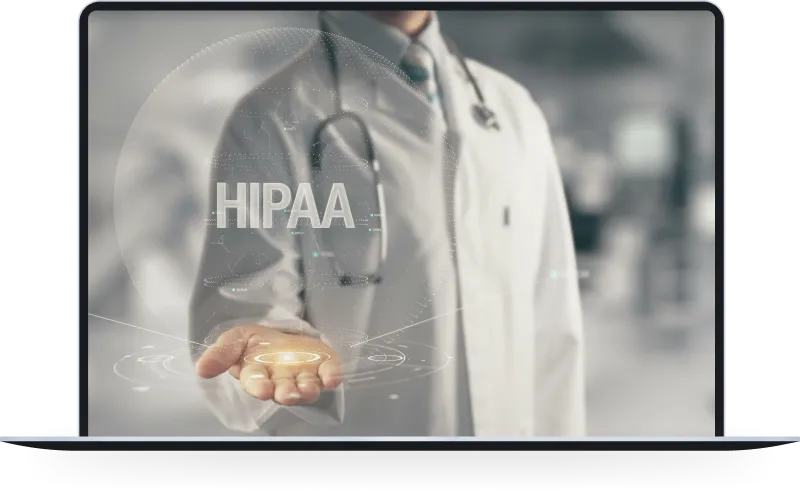
Our primary goal is to provide quantifiable enhancements to your software, improving patient care, operational effectiveness, and diagnostic accuracy.
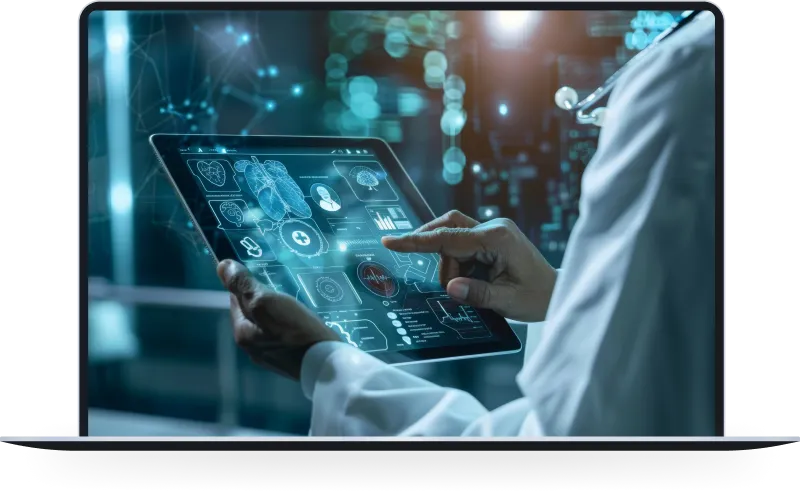













Contact Folio3 today and discover how custom medical imaging software development solutions can transform your healthcare practice.
